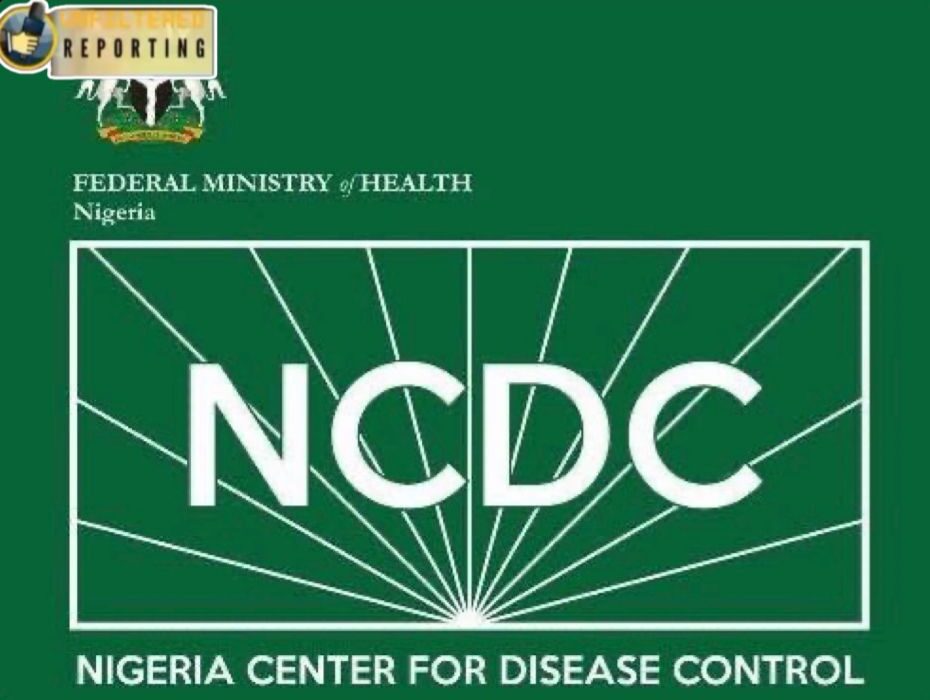NCDC Reassures No Ebola Case in Nigeria but Calls for Vigilance

The Nigeria Centre for Disease Control and Prevention (NCDC) has reassured Nigerians that the country remains free of Ebola Virus Disease (EVD), even as health authorities intensify surveillance following fresh outbreaks recorded in the Democratic Republic of Congo (DRC).
The assurance came after the World Health Organization (WHO) confirmed an Ebola outbreak in the DRC’s Kasai Province, where at least 28 suspected infections and 15 deaths, including cases among health workers, have been reported. Laboratory tests carried out in Kinshasa verified the presence of the Ebola virus, triggering regional concern and renewed preventive measures across Africa. In response, the NCDC said it has heightened its level of preparedness, particularly at the country’s borders and points of entry, to guard against the possible importation of the virus. The agency explained that it has strengthened nationwide surveillance systems, activated rapid response teams, and alerted health facilities to be on standby to investigate any suspected case. Hospitals and clinics have been advised to look out for patients presenting with symptoms such as high fever, unexplained bleeding, or severe gastrointestinal distress. The federal government has further cautioned against unnecessary travel to countries with confirmed Ebola cases. For those who must travel, health authorities have urged strict compliance with preventive measures. While noting that the risk of importation into Nigeria is currently low, the NCDC stressed the need for vigilance due to the virus’s long incubation period, which can last up to 21 days, and its potential for quick transmission across borders. Public health experts have appealed to Nigerians to remain calm, but to promptly report unusual symptoms to health authorities. Citizens were also reminded of the importance of maintaining hygiene practices such as regular handwashing and avoiding contact with bodily fluids of sick individuals. Healthcare professionals have been urged to follow infection prevention and control protocols, including the use of protective equipment, when managing suspected cases. On the international front, Africa CDC and WHO have already deployed support teams to the DRC to strengthen laboratory testing, genomic sequencing, and coordination of the emergency response. Officials emphasised that effective containment at the source will be key in preventing further spread to neighbouring countries. The NCDC highlighted that Nigeria has significantly improved its preparedness since the 2014 Ebola outbreak, when the country successfully contained imported cases and was globally recognised for its swift response. The agency assured that diagnostic laboratories, trained field teams, and contact-tracing mechanisms are all available and can be rapidly deployed if needed.









